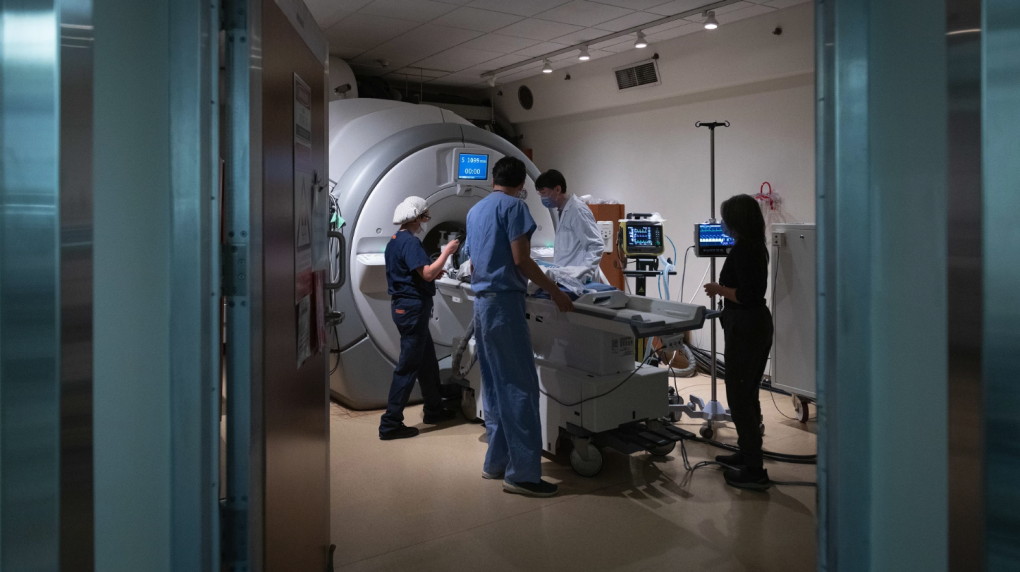United States: A significant problem that a physician encounters when attending to a patient with brain cancer is getting anticancer drugs to infiltrate the blood-brain barrier since it only permits some very few substances to pass through to the brain cells.
What have the new studies indicated?
However, new studies indicate that ultrasound waves from an emitting device located in the skull of a cancer patient could be the solution to drug delivery of both chemotherapeutic and immunotherapy treatment within the affected area.
A new type of ultrasound that paved the way for Northwestern Medicine doctors in Chicago to give a small amount of these drugs across the blood-brain barrier was unveiled in a research done June 6 in the peer-reviewed journal Nature Communications.
Moreover, the treatment made the immune system more sensitive to reacting to the brain cancer cells, as the scientists also pointed out.

What more have the experts to say?
According to Dr. Adam Sonabend, the researcher and an associate professor of neurological surgery at Northwestern University Feinberg School of Medicine, “This is the first report in humans where an ultrasound device has been used to deliver drugs and antibodies to glioblastoma to change the immune system, so it can recognize and attack the brain cancer,” as US News reported
Sonabend added, “This could be a major advance for the treatment of glioblastoma, which has been a frustratingly difficult cancer to treat, in part due to poor penetration of circulating drugs and antibodies into the brain,” in a Northwestern news release.
How was the study conducted?
The patients of the study included four patients with metastatic brain cancer. Many of them had undergone previous chemotherapy and tested in an experimental clinical trial, but the tumors came back.

The patients were provided with an implant that sends out ultrasound signals to induce the formation of ‘micro bubbles,’ thus making the blood-brain barrier somewhat permeable, at least for a little while.
In these bubbles, their brains are shown only a little doxorubicin, a chemo drug, and antibodies to make the immune system find and fight cancer cells.
In combination, this increased the identification of cancer cells and stimulated the guarding immune cells that are supposed to identify and eradicate tumors.
Catalina Lee-Chang, the researcher and an assistant professor of neurological surgery at Northwestern, said, “Given the lack of effective immune response against these deadly tumors, these findings encourage us to envision a potential new treatment approach,” as US News reported.

The researchers intend to conduct a follow-up clinical trial where the first ten brain cancer patients will receive the treatment to assess safety and then 15 more patients to evaluate efficacy.
Earlier, the previous large clinical trials did not support the notion that immunotherapy would increase survival among those with brain cancer.
Nonetheless, Sonabend feels that the treatment for the condition may work if the antibodies and drugs used can pass a hurdle into the brain.
Sonabend added, “Here, we show in a small cohort of patients that when you use this technology, you can enhance the delivery of the chemotherapy and the antibodies and change the tumor’s microenvironment so the immune system can recognize the tumor,” as US News reported.











Leave a Reply